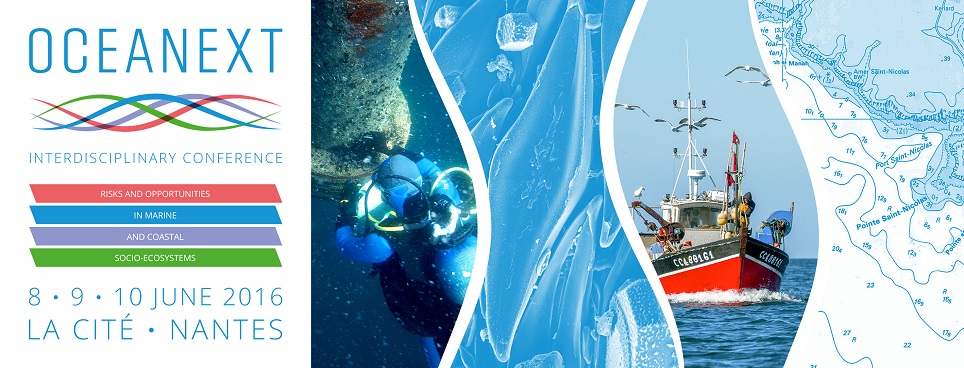Workers in the artisanal fishing sector are subject to hard working conditions. Among these, our paper, which is based on interviews with fishermen in ports of Britany and Pays de la Loire Region and their wives, will focus on their absence from home for longs periods or/and at unusual times, as they have a strong impact on their family life and demand some special family arrangements. After Word War II, the development of a flourishing fishing sector, especially in the Pays Bigouden in Brittany, created a pattern of “accepted painfulness”, according to which fishermen's wives agreed to cope with their husbands' absence and the responsibilities it implied, because they found some counterparts: a large income and a high local social status as non working women. In the eighties, different crises in the fishing activity and social transformations such as the generalization of women's activity caused this pattern to disappear and new kinds of arrangements to develop, which we can describe as a “rejected painfullness” and a “negociated painfulness” patterns.

 PDF version
PDF version
